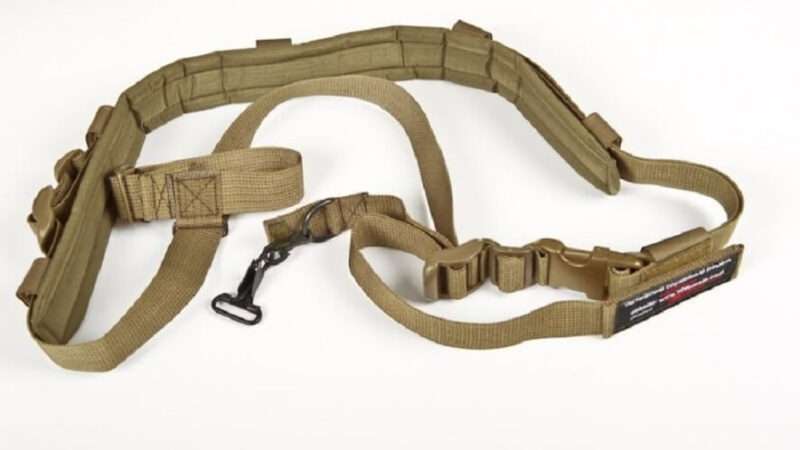Common DIY Screw Types
Screws are not universal in their application and many DIY projects can be thrown off by picking the wrong one. They all look pretty similar but the type of screw you choose can have several applications that are important to the project.
Choosing reliable, quality screws from a supplier such as RS comes down to knowing more about the different types. Know more about the most common screw types and you can make sure that your next DIY project goes exactly like you imagined.
Wood Screws
Wood screws are probably the most common screw type that you will come across. They are great for anything with – you guessed it – wood involved because of the semi-threaded shank. They are also super versatile because they come in a huge array of sizes, drive types, and lengths. The standard is the #8 and goes along with most of the basic DIY projects you will come across.
There’s a good rule of thumb to follow when picking out wood screws. You generally want to go with a length that will penetrate no more than half of the thickness of the bottom when fastening something to the wood. Too long and you will go through the back of the wood, creating unnecessary damage that could have been avoided.
Drywall Screws
Just as common as wood screws. Considering just about every residence has drywall somewhere in the structure, having these screws can create a cleaner installation on drywall surfaces. You generally want to use the drywall screws to connect the drywall to metal or wood studs so that everything is secure without damaging the material beneath.
The cool thing about drywall screws is the flat tip. Using the right bit, you can actually countersink the drywall screws so that the head sits right below the surface. Perform the installation, cover it with some drywall compound, and paint. You will never even know the screws are there, creating a seamless look when finished.
Deck Screws
Deck building and renovation are pretty common among homeowners. While you might think that wood screws would get the job done – and they can, sometimes – you would want to go with deck screws because they are rated for outdoor use. The stainless steel construction helps them better resist corrosion, which is very important given the constant exposure to the elements.
Deck screws also work for other outdoor DIY projects. Window boxes, planters, and outdoor furniture are better off being secured with deck screws because of their corrosion resistance. Deck screws that have a star head can handle a lot of speed, force, and torque transfer from a power drill, which reduces the risk of stripping out the screw drastically. More niche projects might require something different, but deck screws can work with just about any standard decking board.
Masonry Screws
Outdoor projects can sometimes involve needing to drill into concrete. Standard screws won’t really work here but masonry screws are able to fasten to concrete, brick, and even mortar joints. You just need to use a carbide bit and hammer drill to create a small pilot hole. When the pilot hole is good to go, the masonry screw can follow with ease.
You are generally going to find two types of masonry screw heads. The first is a hex washer head, which sits on top of the surface of that specific material. The other is a flat head and it’s used for countersinking so you can’t see the head sticking out on the surface. You’d need this type of screw for attaching deck rains, flag poles, and other outdoor installations.






